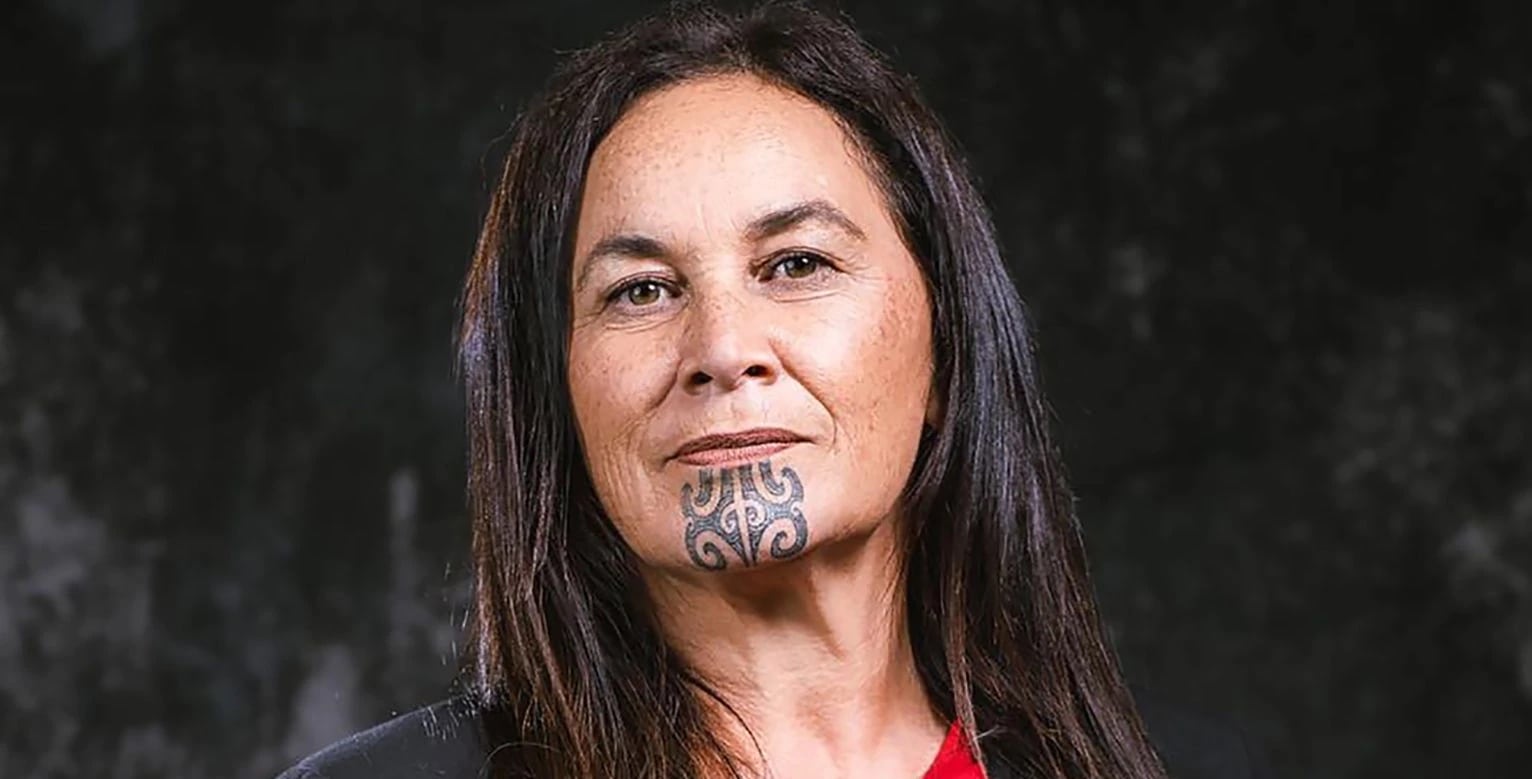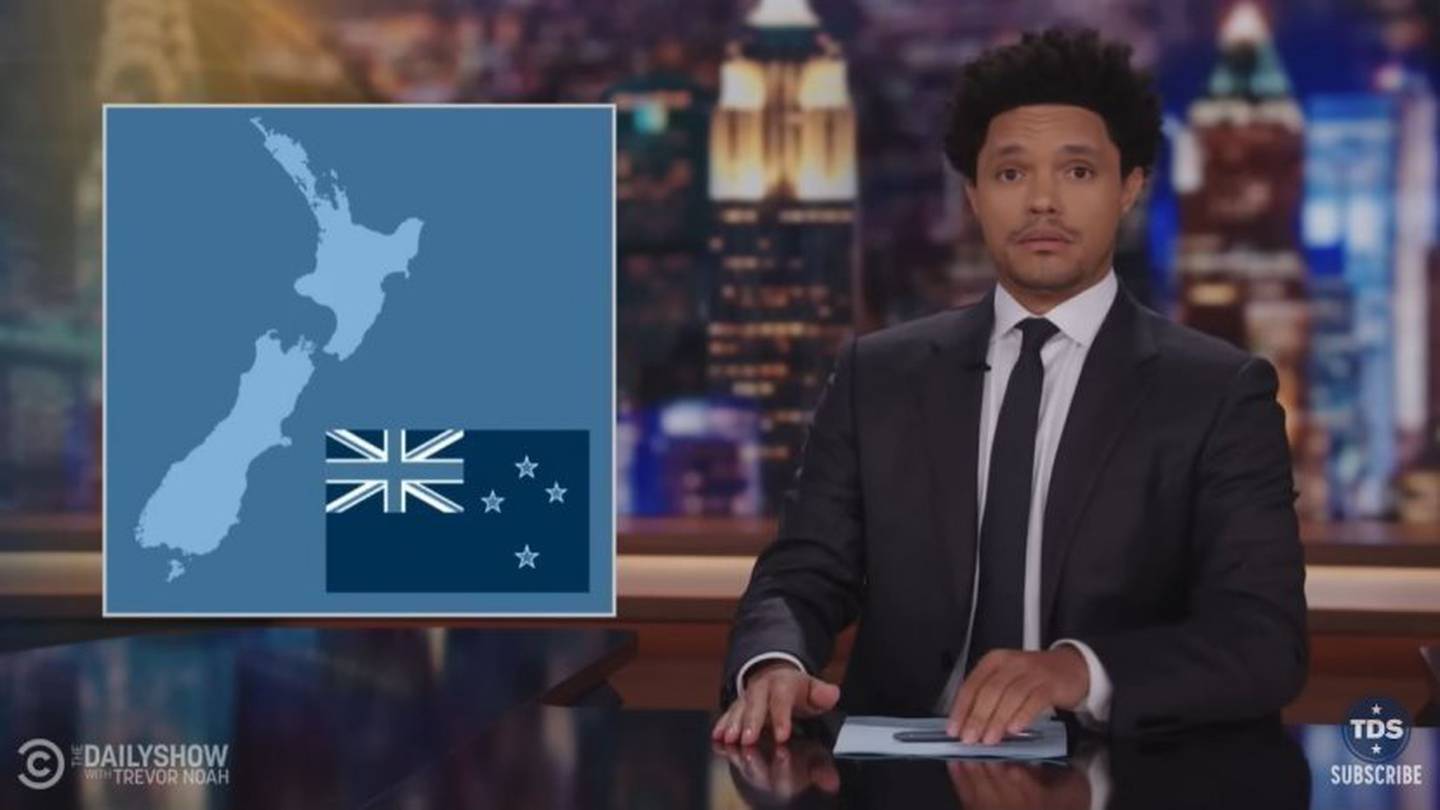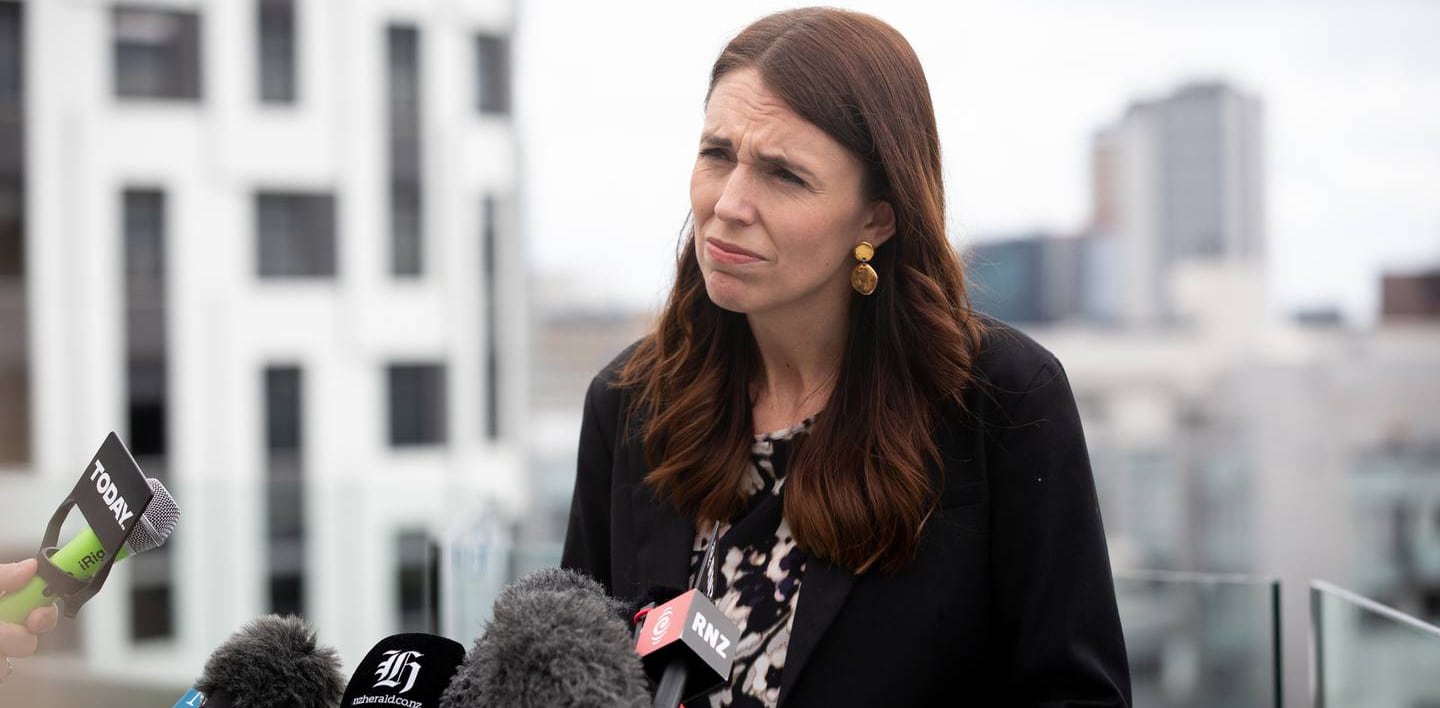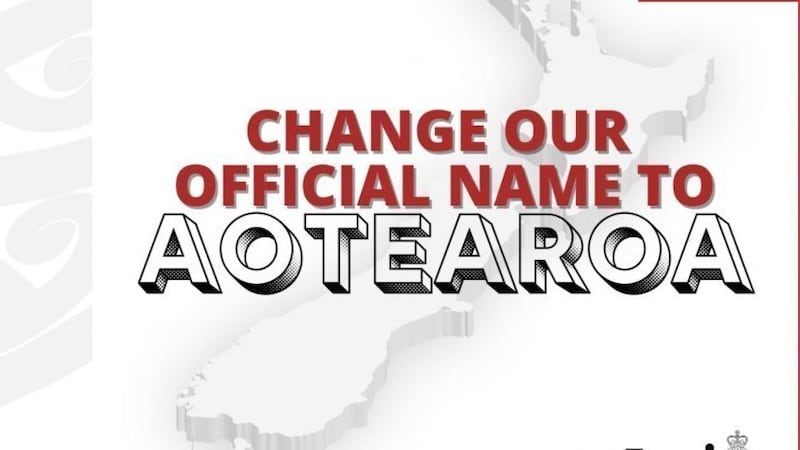The Māori Affairs select committee says it will debate the official changing of the country’s name to Aotearoa.
A 70,000 strong petition from Te Pāti Māori went to parliament in June, gaining attention at home and internationally.
Te Pāti Māori co-leader Debbie Ngarewa-Packer (Ngāti Ruanui, Ngāruahine, Ngā Rauru) says she is ‘extremely optimistic’ for the next stage of the petition.
'70,000 signatures in record time agree.' Ngarewa-Packer told teaomaori.news Tuesday.
‘Aotearoa is on our passports, in our nation’s anthem it’s te reo Māori and reflects a pacific national with tangata whenua’ she said.
‘it’s exciting times and we must be strong in our identity as a united tiriti centric nation’.
Politicians have been divided on the name-change, although much of the public and many businesses have already adopted it.
The National party has called for a referendum on anything official, while ACT leader David Seymour (Ngāpuhi) said such a referendum shouldn’t be a priority, when questioned by reporters during its submission.
"I believe in free speech. People choose to call it New Zealand, people choose to call it Aotearoa; Aotearoa is on the currency, on the passports, put there by the previous National Government," he said.

Te Pāti Māori co-leader Debbie Ngarewa-Packer she is ‘extremely optimistic’ for the next stage of the petition. Photo / File
Governing Labour MPs have yet to declare their views.
Despite not committing to an official name change for the legislative agenda, Prime minister Jacinda Ardern said in August she uses both interchangeably and hopes the country will do the same.
“Whether or not we change it in law I don’t think changes the fact New Zealanders do increasingly refer to Aotearoa, and I think that’s a transition that has been welcomed.”
Ngarewa-Packer has dismissed a referendum saying it would not ratify Māori co-governance interests under te tiriti, especially given Māori make up only 17 per cent of the population, due to colonisation.

In a segment on U.S. Television, TV comedian Trevor Noah poked fun a the unimaginative naming of colonizers when branding Aotearoa as New Zealand. Photo / Comedy Central
Moves to reverse the impacts of colonial authoritarianism and the western lens have been gaining momentum globally.
In January, the country previously known by its western-name Turkey, re-branded to Türkiye, with President Recep Tayyip Erdogan saying “The name Türkiye represents and expresses the culture, civilization and values of the nation in the best way.”
He also said all goods made in the country be labeled as ‘Made in Türkiye,’ something many brands had adopted since the Turkish Exporters’ Assembly called on its members to make the change in 2000.
In August, South African/ U.S. comedian Trevor Noah, host of The Daily Show, poked fun at what he described as the 'lame colonisers' who renamed Aotearoa to New Zealand in the first place.
"Some international news, New Zealand may be getting a new name," said Noah, on the primetime U.S. talk show.
"Yes, Māori politicians have launched a campaign to restore one of the country's original names, Aotearoa," he said, to screams of 'woo-hoo' and audience applause.

Prime Minister Jacinda Ardern said in August she uses both Aotearoa and New Zealand interchangeably and hopes the country will do the same, despite not committing to an official name change for the legislative agenda. Photo / NZME
'I think we can all be honest,' he continued. 'Like, they didn't put a lot of thought into naming it 'New Zealand' in the first place.
'Yeah, colonisers are so lame: 'This is New Zealand. This is New England. New York.'
'Zero effort,' he said, to roars of laughter.
Regardless of the select committee outcome, Ngarewa-Packer says a name change is 'not a matter of if, but when'.
'We’re continually pushing and reminding our nation to remember that it is one thing to make te reo Māori our official language, but it is another thing to commit to bringing it to life and the stories and histories attached.'
Ngarewa-Packer says Te Pāti Māori has a lot of faith in younger generations.
'There is more appetite for change, there is more maturing over the need to have a conversation about who we are and how we identify as a nation.'


